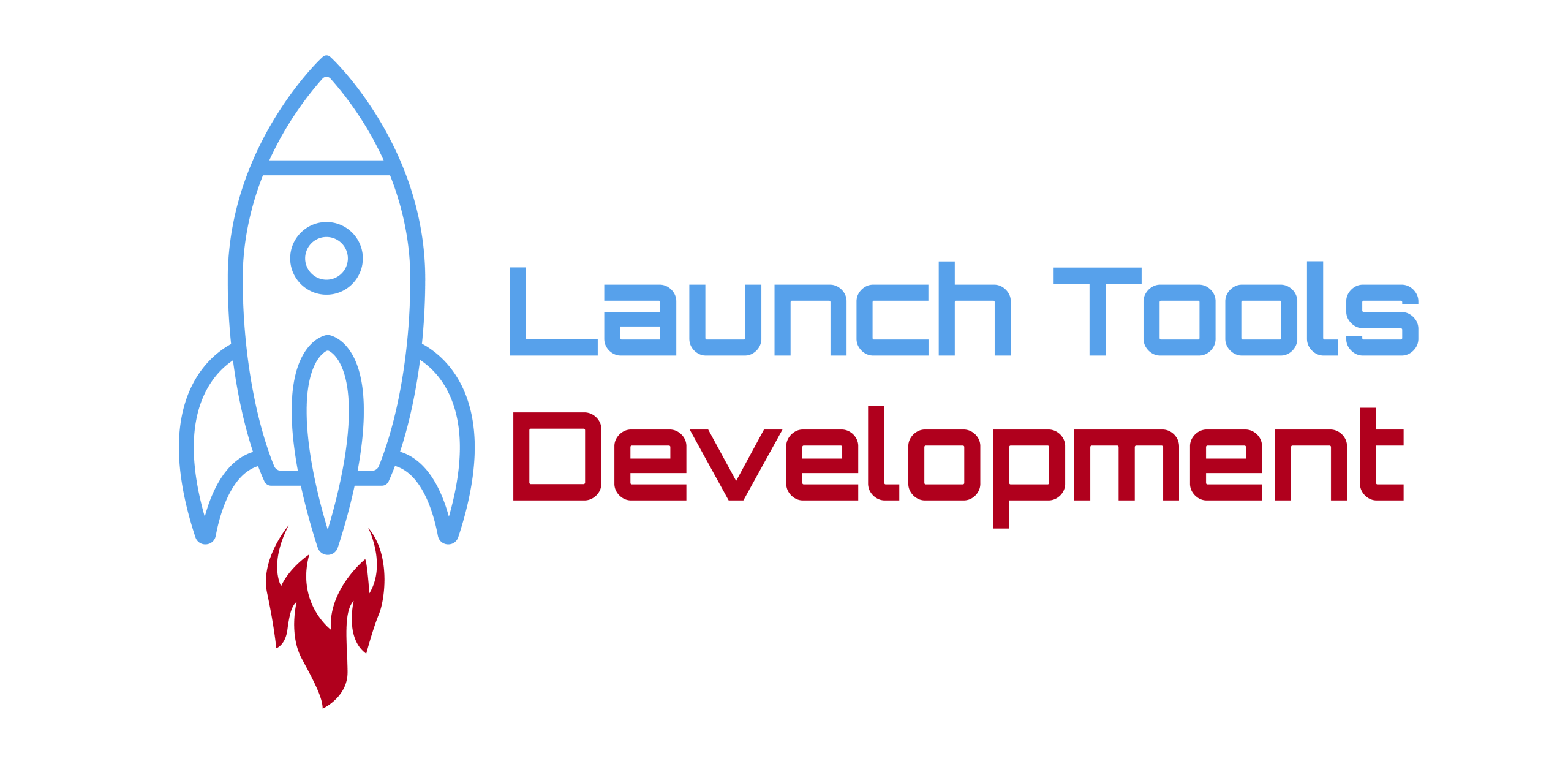Everyone has an idea. But an idea is fragile, cheap, and ultimately worthless without execution. The path from a brilliant concept scribbled on a napkin to a thriving, profitable business is a minefield of challenges that will test your resolve, your intellect, and your resilience in ways you can’t possibly imagine.
Startup advice is everywhere, but most of it is noise. It comes from people who have only seen one side of the coin—the VC, the marketer, or the coder. Having built and scaled businesses from the ground up, managed P&Ls in volatile markets, coded complex software solutions, and designed educational curriculums, I’ve learned that success isn’t about a single “hack.” It’s about a disciplined approach to a dozen different fronts at once.
Here are 15 battle-tested tips for founders, forged by necessity and proven by results.
Mindset & Philosophy
- Fall in Love with the Problem, Not Your Solution. Your brilliant app, your clever gadget, your slick SaaS platform—that’s your solution. It’s easy to fall in love with it. Don’t. Instead, become completely obsessed with the customer’s problem. A deep understanding of the problem is what allows you to adapt and build the right solution, even if it’s not the one you originally envisioned.
- Obsess Over Cash Flow. Profit is an opinion, but cash is a fact. You can be “profitable” on paper and still go out of business because you ran out of money. Understand your burn rate, know your runway, and treat every dollar like it’s your last. Cash flow is the oxygen of your startup; don’t ever let it run low.
- Embrace “Productive Discomfort.” If you feel comfortable, you’re not growing. The startup journey is a constant state of learning—new technologies, new sales tactics, new management skills. You have to be willing to feel like a novice over and over again. That feeling of discomfort is the friction that creates growth.
Operations & Strategy
- Master the “Good Enough” Decision. In a startup, speed is a weapon. You will rarely have all the information you want to make a perfect decision. Learn to make a “good enough” decision with 70% of the data and move on. You can always iterate and correct course later. A mediocre decision made today is better than a perfect decision made next month.
- Your First Hire Should Be Your Opposite. If you’re a technical founder, your first hire should probably be in sales or marketing. If you’re a sales visionary, you need a technical partner. Don’t hire people who think just like you. Hire people who fill your gaps and challenge your assumptions.
- Measure Everything That Matters (And Nothing That Doesn’t). Don’t get lost in “vanity metrics” like social media likes or total sign-ups. Focus on the numbers that actually drive the business: Customer Acquisition Cost (CAC), Lifetime Value (LTV), monthly recurring revenue, and churn rate. If a metric doesn’t help you make a decision, it’s a distraction.
- Systematize Early. The things you do manually for your first 10 customers will break when you have 100. Start creating playbooks and documenting processes from day one. How do you onboard a new client? What’s the sales script? How do you handle a support ticket? Systematizing is what makes your business scalable, not just a reflection of your personal heroic efforts.
Product & Technology
- Build a Machete, Not a Swiss Army Knife. Your first product should solve one specific problem perfectly. It should be a sharp, effective machete that cuts through a single jungle of pain. Don’t try to build a Swiss Army knife with 20 mediocre features. A perfect solution to a small problem is infinitely better than a weak solution to a big one.
- Your Tech Stack is a Business Decision. Python vs. C#? AWS vs. Azure? These are not religious debates. The right technology is the one that allows you to get to market fastest, is affordable, and has a talent pool you can hire from. Choose the tool that best serves the business goal, not your personal preference.
- Security is a Day One Priority. In 2025, treating security as an afterthought is business suicide. A single data breach can destroy your reputation and your company. Build security into your product and your processes from the very beginning.
Growth & Customers
- Sell Before You Build. The best way to validate an idea is to see if someone will pay for it. Create a landing page, a slide deck, or a demo video. Get people to sign a letter of intent or even pre-pay for your solution before you’ve written a single line of code. Their money is the only validation that matters.
- Your First 10 Customers Are Your Co-Founders. Don’t just sell to your first customers; partner with them. Talk to them constantly. Watch them use your product. Their feedback is more valuable than any market research report. They will show you what to build next.
- Create Content That Teaches. The most effective marketing is education. Teach your audience something valuable. Help them solve a smaller version of their problem for free. This builds trust, establishes you as an authority, and makes them far more likely to turn to you when they’re ready to buy the full solution.
Personal Resilience
Always Be Learning. The market will change, your competitors will adapt, and new technologies will emerge. Your ability to learn and apply new knowledge is your only true long-term competitive advantage. Read voraciously, take courses, and talk to people smarter than you. Stay curious, always.
Protect Your Own Psychology. A startup is a marathon run at a sprint’s pace. It will grind you down if you let it. You are the company’s most important asset. Protect your physical and mental health fiercely. Burnout is not a badge of honor; it’s a failure of sustainability.

